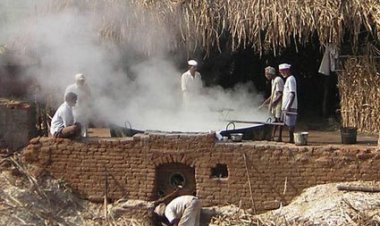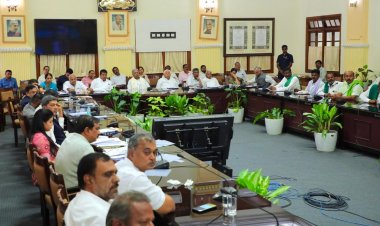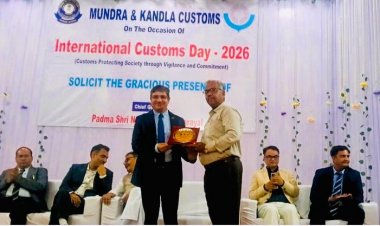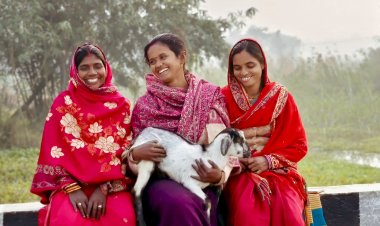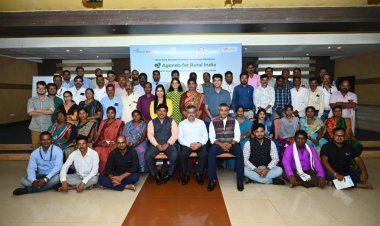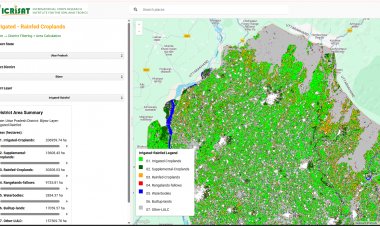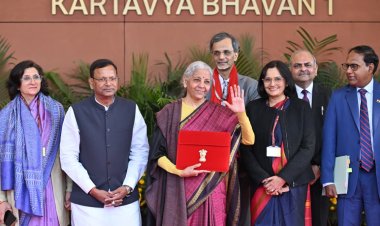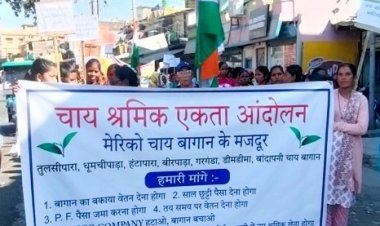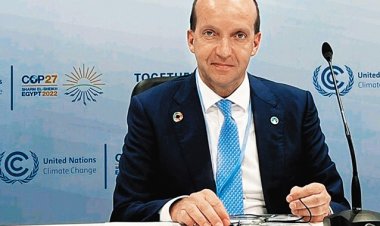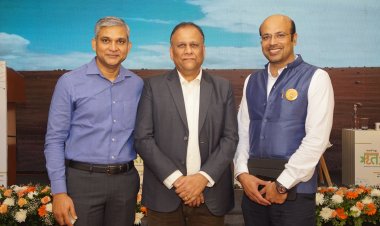Balipara Foundation launched its 11th edition of the annual Eastern Himalayan Naturenomics Forum in Guwahati this year. The theme taking centre stage this year is the call for the ‘Great People’s Forest 2030’, bringing together 60 people from over 15 countries to build a restoration agenda for the region, aligned to the UN Decade of Restoration. The theme derives from the ambitious Great People’s Forest initiative launched in partnership between the Balipara Foundation and Conservation International earlier this year at the G20 to restore one million hectares of forests and farmlands by 2030.
The Forum began with a keynote from Chanakya Chaudhary, Director, of Tata Steel Foundation and vice President of Corporate Services at Tata Steel, on the important role businesses have in turning global pledges on climate and biodiversity into action. He added that if we can work with the community on their ways of life, thinking of their livelihood, it is easier to get them to act - and we have to give nature its due. “There’s no inferior and superior in the forest. It's a place of democracy,” said Dr Vandana Shiva, an environmentalist and food sovereignty advocate, in a session on the Great People’s Forest 2030. “With such initiatives, we tend to eliminate the separation of humans and forest. The colonial setup gave us the idea of separation. Either trees or humans. But what we need is harmony and co-existence.”
A critical agenda of this year’s Forum was to deeply dive into the key regional levers needed to take individual restoration efforts and amplify them at an unprecedented scale. In sessions touching on policy and economy, youth power and technology, speakers explored how young people can be empowered as environmental leaders, how remote-sensing technology and AI can play a role in mapping ecosystem health and how the region can establish a clear pathway towards a regenerative natural capital economy.
The Forum also aimed to chart a restoration agenda for Bhutan, Bangladesh and the North East to achieve by 2030 that fosters interdependence between people and biodiversity. Ranjit Barthakur, Founder of Balipara Foundation, while speaking at Bhutan's Vision 2030 panel, stated, “Valuation is the key for Naturenomics. Leadership based on value will be the factor for any success.”
Speaking on the question of valuing ecosystems, Gautam Mukhopadhyay, Senior Visiting Fellow, Center Policy Research, India noted: “We are making great pledges on our forests at COP27 and COP28 at biodiversity conventions, but our actual policies on the ground like the Forest Conservation Amendment Act are reversing progress on this.”
The Eastern Himalayan Naturenomics Forum will witness conversations around land, energy, waste, water, air, carbon (LEWWAC) and their role in shaping a regenerative future for the Eastern Himalaya.
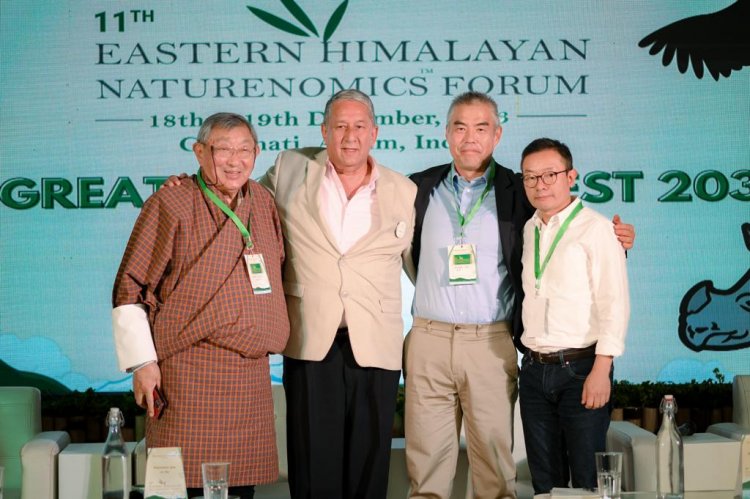



 Join the RuralVoice whatsapp group
Join the RuralVoice whatsapp group


















